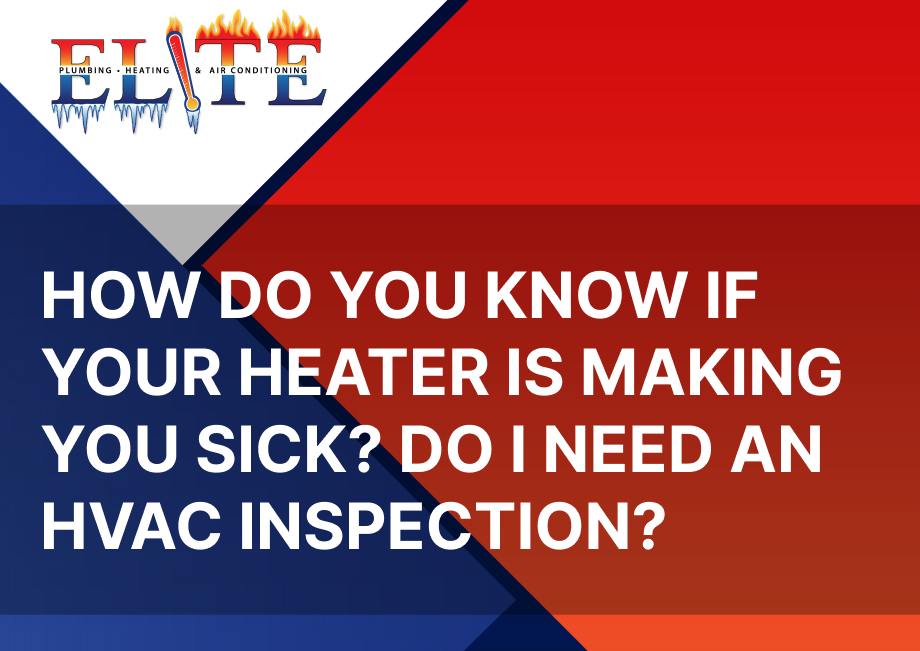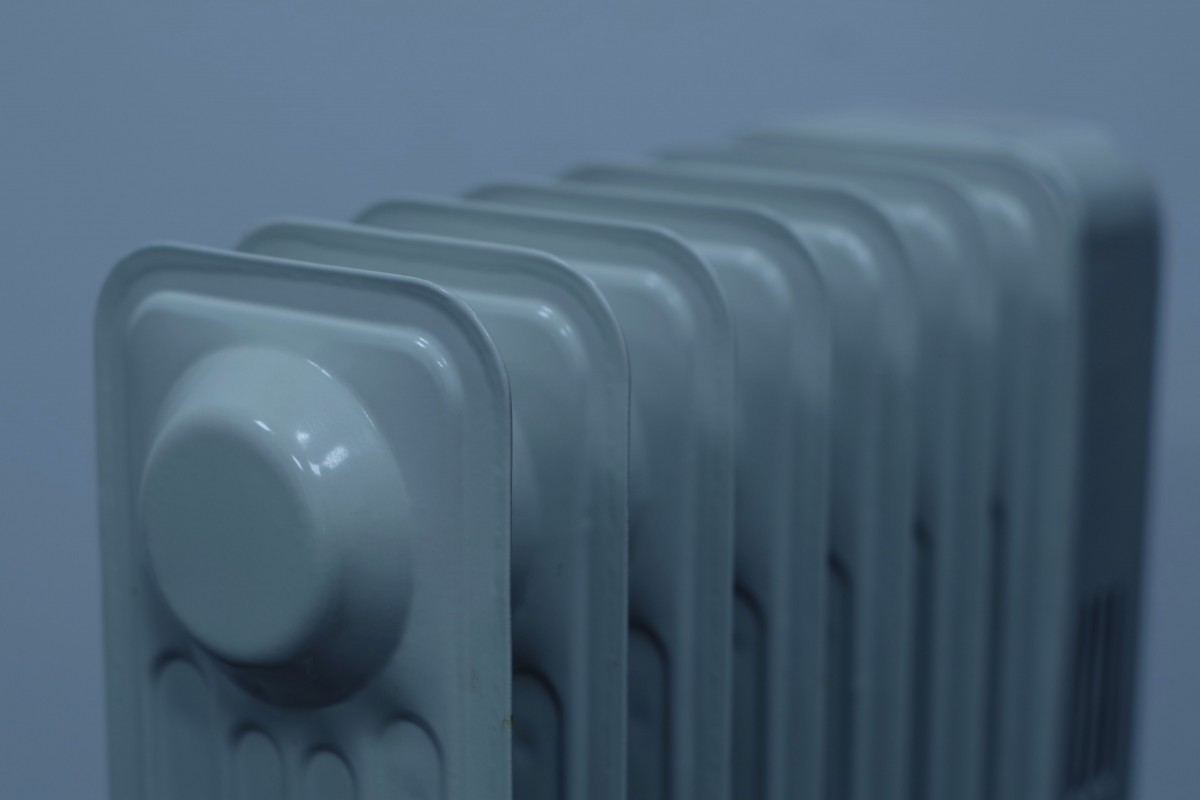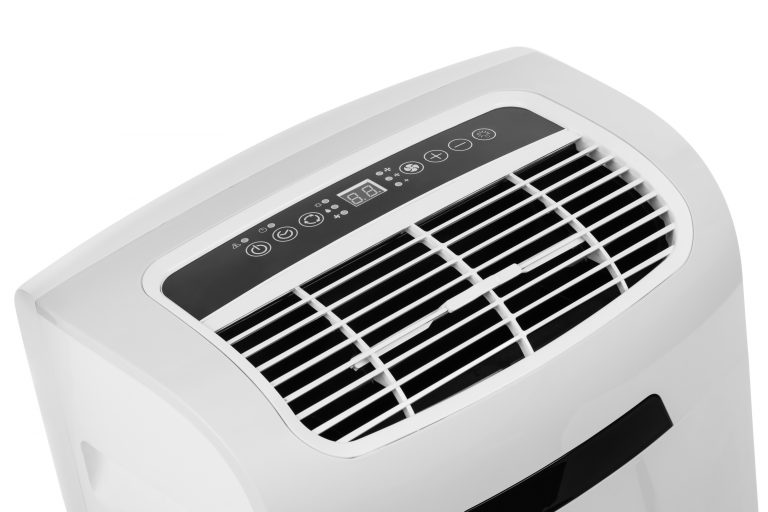How Do You Know If Your Heater Is Making You Sick?
Your keeps you warm and comfortable, especially during the chilly months. But sometimes, what’s supposed to protect can actually harm. Poorly maintained heating systems can turn your home into a breeding ground for health issues, and it’s easy to overlook the signs. Let’s explore how your heater might be making you sick and what you can do about it.
Symptoms to Watch For
Start by paying attention to how you feel. If you’re experiencing frequent headaches, dizziness, nausea, or flu-like symptoms, your heater could be the culprit. Dry skin, irritated eyes, or worsening allergies are also common signs that your heating system might be circulating dust, mold, or other allergens.
One of the most serious risks is carbon monoxide poisoning, which occurs when fuel-burning heaters malfunction. Carbon monoxide is a silent threat—odorless and invisible—that can cause confusion, shortness of breath, and even loss of consciousness. The CDC estimates that carbon monoxide exposure leads to over 400 deaths and 50,000 emergency room visits annually in the U.S.
How a Dirty Heater Affects Your Health
Your heater draws air from your home, warms it, and pushes it back out. If your system hasn’t been properly cleaned, it’s essentially recirculating contaminants. Dust, pet dander, and mold can accumulate in the ductwork and filters, triggering respiratory problems. In fact, the Environmental Protection Agency (EPA) warns that indoor air can be up to five times more polluted than outdoor air due to poor HVAC maintenance.
Dirty filters are another major offender. When clogged, they reduce airflow and force your system to work harder, spreading particles throughout your home. A neglected filter can even contribute to a spike in heating costs by up to 15%.
What You Can Do
Check for Warning Signs
Listen for unusual sounds like banging or whistling, which could indicate mechanical issues. If your heater has a pilot light, make sure it’s blue—yellow or orange flames suggest incomplete combustion and potential carbon monoxide leaks.
Replace Your Filters Regularly
Change your air filters every 1–3 months, especially during the winter when your heater works overtime. Doing so not only improves air quality but also boosts your heater’s efficiency.
Schedule Annual Inspections
An annual HVAC tune-up isn’t just about avoiding costly repairs. It’s about your health. Professional technicians can clean internal components, check for leaks, and ensure your system runs safely.
Invest in Carbon Monoxide Detectors
If your home relies on a gas or oil heater, a carbon monoxide detector is non-negotiable. Place one on every floor and test them monthly to ensure they’re functioning.
Improve Ventilation
Open windows occasionally, even in winter, to allow fresh air to circulate. Humidifiers can also help balance the dry air often caused by heating systems.
Why It Matters
A poorly maintained heater doesn’t just hurt your wallet—it can harm your health and well-being. By staying vigilant and proactive, you can ensure your home remains a haven of warmth and safety, free from hidden dangers.
Remember, your heater is like the soil in a garden—it needs attention and care to do its job properly. If you haven’t scheduled maintenance yet, contact us to arrange it. You’ll breathe easier, feel better, and stay warm, no matter how harsh the winter gets.
SCHEDULE YOUR FREE ESTIMATE
We Provide Expert Air Conditioning Services in Las Vegas, NV






